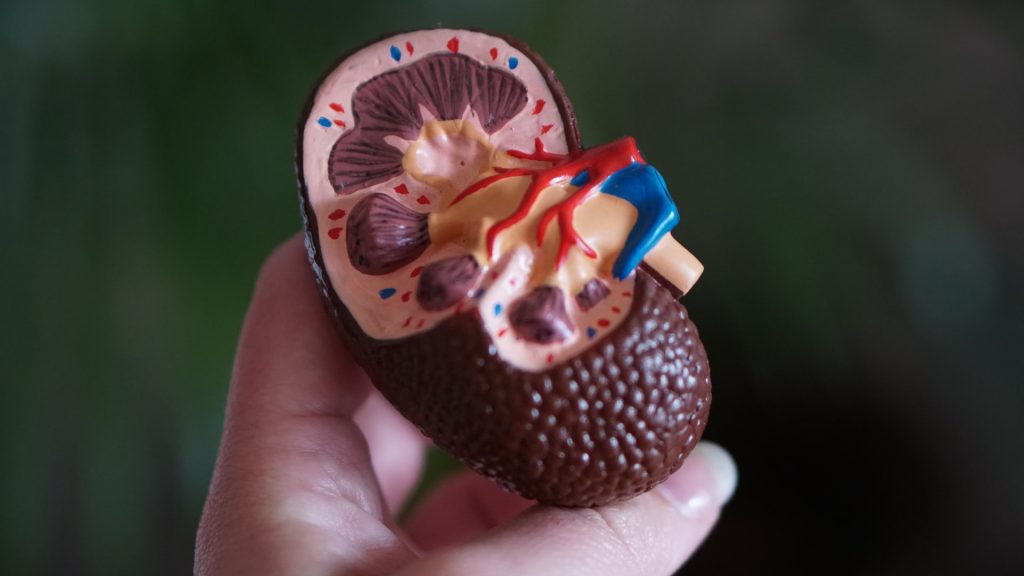
New research is raising concerns that long-term use of renin-angiotensin system (RAS) inhibitor drugs such as ACE inhibitors could be contributing to kidney damage.
The researchers stress that patients should continue taking the medications. But the scientists are urging studies to better understand the drugs’ long-term effects.
“Our studies show that renin-producing cells are responsible for the damage. We are now focusing on understanding how these cells, which are so important to defend us from drops in blood pressure and maintain our well-being, undergo such transformation and induce kidney damage,” said UVA’s Dr Maria Luisa Sequeira Lopez. “What is needed is to identify what substances these cells make that lead to uncontrolled vessel growth.”
A billion people around the world are affected by chronic hypertension. In a study published in JCI Insight, University of Virginia (UVA) researchers were seeking to better understand why severe forms of the condition are often accompanied by atherosclerosis in the kidney, leading to organ damage.
They found that renin cells, which help regulate blood pressure through renin production, play an important role. Harmful changes in the renin cells can cause the cells to invade the walls of the kidney’s blood vessels. The renin cells then trigger a buildup of another cell type, smooth muscle cells, that cause the vessels to thicken and stiffen, resulting in impeded kidney blood flow.
Long-term use of RAS inhibitor drugs, such as ACE inhibitors, or angiotensin receptor blockers, have a similar effect. But the study found that long-term use of the drugs was associated with hardened kidney vessels in both lab mice and humans
The researchers note that the medications can be lifesaving for patients, so they stress the importance of continuing to take them. But they say additional studies are needed to better understand the drugs’ long-term effects on the kidneys.
“It would be important to conduct prospective, randomised controlled studies to determine the extent of functional and tissue damage in patients taking medications for blood pressure control,” said UVA’s Dr Ariel Gomez. “It is imperative to find out what molecules these cells make so that we can counteract them to prevent the damage while the hypertension is treated with the current drugs available today.”
Source: University of Virginia

